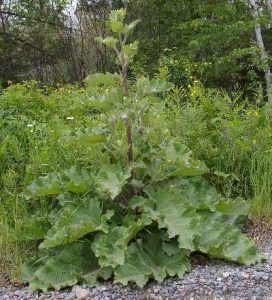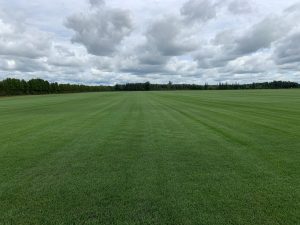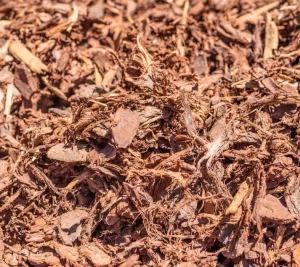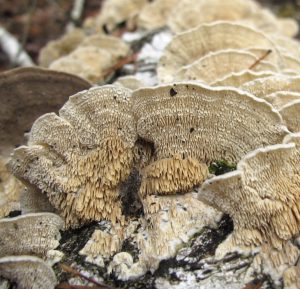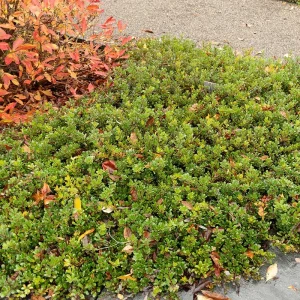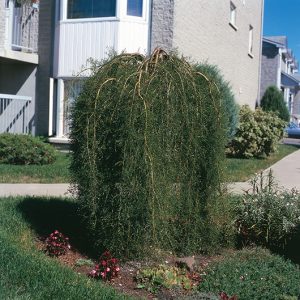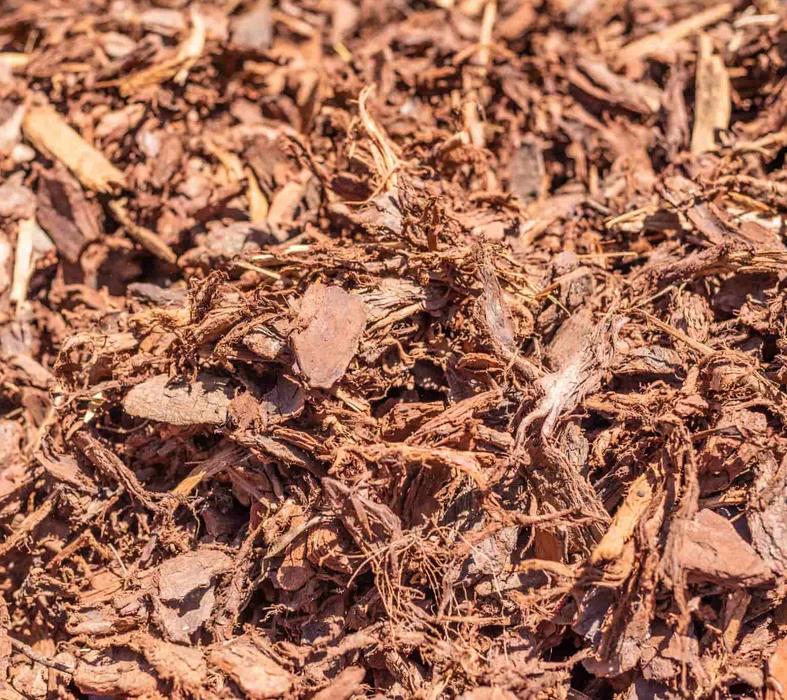
Hi, Dave here from Foxy Gardens in southwestern Ontario, Canada. Mulch is an essential tool in the toolbox of Ontario gardeners and landscapers. It serves multiple roles: retaining soil moisture, suppressing weeds, enhancing aesthetics, and improving soil structure.
With Ontario’s varied climate and changing seasons, choosing the right type of mulch can have a big impact on plant health and garden appearance. In this article, we explore the most popular mulch types used across Ontario, their benefits, and ideal applications.
The Role of Mulch in Ontario Landscaping
Ontario’s weather patterns—ranging from humid summers to freezing winters—demand adaptive landscaping strategies. Mulch helps insulate soil in the winter and retain moisture in the hot summer months.
It also acts as a barrier against weed growth and reduces erosion caused by rain and wind. Organic mulches decompose over time, enriching the soil, while inorganic mulches offer long-term durability and lower maintenance.
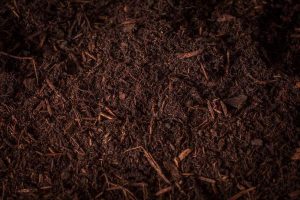
Whether you’re maintaining a backyard garden or a commercial landscape, mulch can make a measurable difference.
Organic Mulch Types
Organic mulches are derived from natural sources and will gradually decompose, contributing to the soil’s nutrient profile over time.
1. Wood Chips Wood chips are versatile and come in various types including hardwood chips, pine chips, and the highly popular cedar chips.
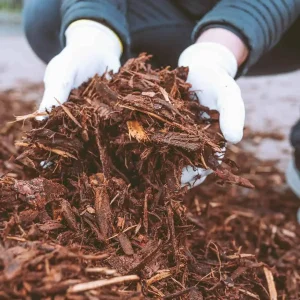
These are widely used across Ontario due to their natural appearance and soil-enhancing properties. Cedar chips, in particular, emit a pleasant aroma and are known to repel certain insects.
Benefits:
- Improves soil structure as it decomposes
- Helps retain moisture
- Effective weed suppression
Best for:
- Flower beds
- Tree and shrub bases
2. Bark Mulch Bark mulch is a decorative and functional choice, commonly available in pine bark, aged bark, and dyed options.
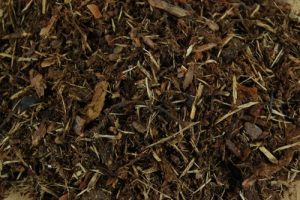
Pine bark has a light, reddish hue, while aged bark tends to be darker.
Benefits:
- Visually appealing
- Long-lasting compared to other organic mulches
- Good weed control
Best for:
- Front yards
- Decorative landscapes
3. Shredded Bark Shredded bark offers a finer texture than wood chips and is often used on slopes due to its resistance to wind and water displacement.
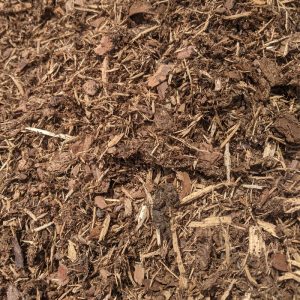
It may also deter some insects.
Benefits:
- Affordable
- Resistant to erosion
- Naturally decomposing
Best for:
- Sloped gardens
- Flower beds and borders
4. Straw Straw is ideal for vegetable gardens and temporary erosion control.
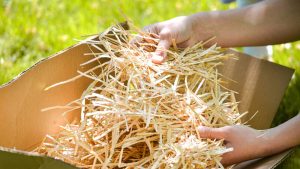
It decomposes slowly and provides an environment beneficial to soil-dwelling insects and microbes.
Benefits:
- Lightweight and easy to apply
- Protects seedlings
- Natural look for informal gardens
Best for:
- Vegetable plots
- Erosion control
5. Pine Needles Acidic in nature, pine needles are best used in gardens where acid-loving plants like blueberries, azaleas, and rhododendrons grow.
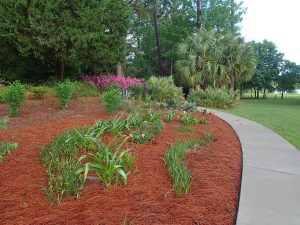
They are slow to decompose and form a light, airy layer.
Benefits:
- Adds acidity to the soil
- Slow to break down
- Easy to spread
Best for:
- Acidic soil gardens
- Specialty plants
6. Compost as Mulch Well-aged compost can double as mulch while enriching the soil.
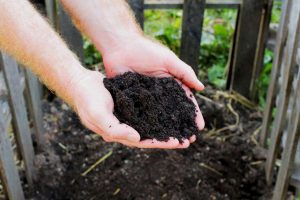
Though not as long-lasting as wood or bark, compost directly feeds your plants.
Benefits:
- High nutrient value
- Improves soil health
- Recyclable from kitchen and garden waste
Best for:
- Vegetable gardens
- Perennial beds
7. Cedar Mulch A distinct favorite in Ontario, cedar mulch not only adds a rich, reddish tone to your garden but also acts as a natural insect repellent.
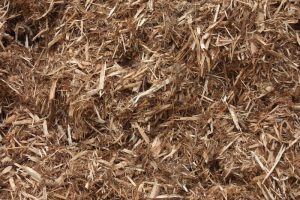
Benefits:
- Pleasant scent
- Insect deterrent
- Long-lasting
Best for:
- Decorative beds
- Perimeters of homes or patios
8. Hemlock Mulch Hemlock mulch is known for its rich, reddish-brown color and slower decomposition rate.
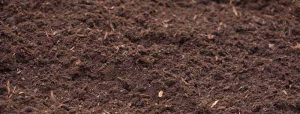
It offers a more refined texture than many bark mulches and is gaining popularity in Ontario.
Benefits:
- Attractive appearance
- Less acidic than pine
- Slower to break down
Best for:
- Formal gardens
- Residential landscaping
Inorganic Mulch Types
For those looking for long-lasting solutions that require little to no replenishment, inorganic mulch can be a solid choice.
1. Stone Mulch Stone mulch—like pebbles, gravel, or crushed rock—is primarily used for decorative and practical ground cover.
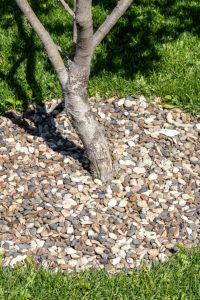
It does not decompose or enrich the soil but is excellent for weed control and water drainage.
Benefits:
- Durable
- Low maintenance
- Stylish and modern
Best for:
- Pathways
- Xeriscaping
- Rock gardens
2. Rubber Mulch Made from recycled tires, rubber mulch is eco-friendly in its reuse of materials and is often seen in playgrounds and walkways.
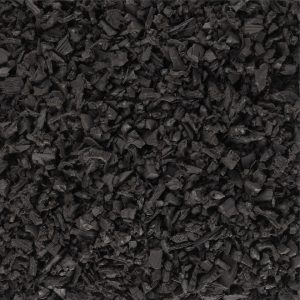
Benefits:
- Cushions foot traffic
- Doesn’t decompose
- Resistant to pests and fungi
Best for:
- Playgrounds
- Pathways
3. Landscape Fabric (Honorable Mention) While not technically mulch, landscape fabric is commonly used under mulch layers to suppress weed growth.
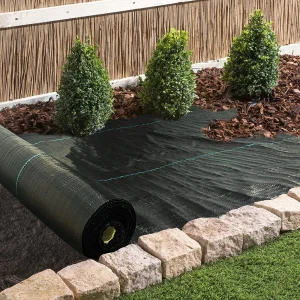
Benefits:
- Prevents weed germination
- Reduces mulch sinking into the soil
Best used with:
- Stone or bark mulch
How to Choose the Right Mulch for Your Ontario Garden
Choosing the right mulch depends on your garden’s needs, aesthetics, and how much maintenance you’re willing to perform. For instance:
- Use organic mulch like compost or straw for food gardens.
- Cedar or bark mulches work best for flower beds and perennials.
- Inorganic options like stone are ideal for low-maintenance and decorative areas.
Also, consider color and aroma—cedar and hemlock offer rich tones and pleasant smells. For soil health, organic mulches always win. But if your goal is long-term weed suppression with minimal upkeep, inorganic mulch could be your best bet.
By understanding the characteristics of each mulch type, you can tailor your landscaping choices to thrive in Ontario’s climate and achieve both functional and visual goals.

